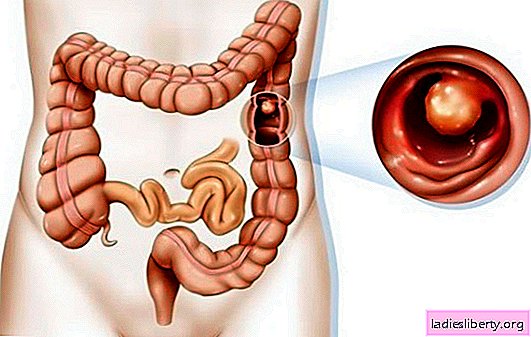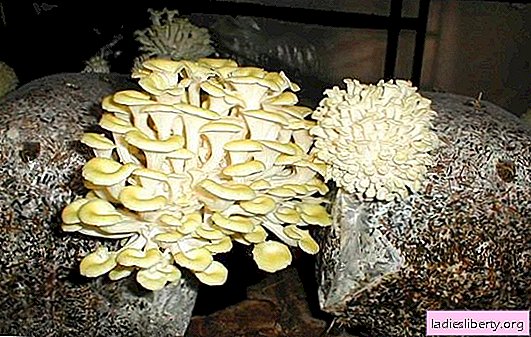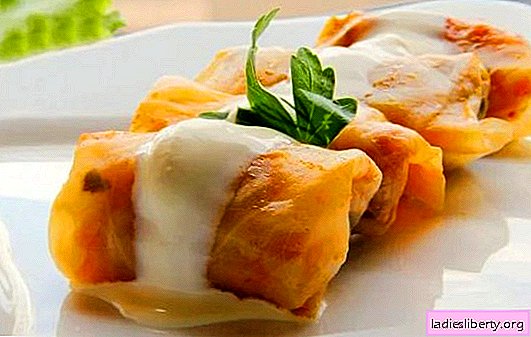
Pine nuts are nothing more than the seeds of Siberian cedar.
Siberian cedar is usually called the Siberian pine.
Since ancient times, the indigenous inhabitants of Siberia were engaged in collecting and selling pine nuts.
These seeds of longevity are popular to this day, despite the high cost. But what is the reason for the high price and whether the use of Siberian pine seeds will bring harm to health?
The composition and calorie content of pine nuts
The beneficial properties of pine nuts are numerous. They help to heal the body and have a beneficial effect on all systems of internal organs. The benefits of pine nuts are easily explained by the unique composition of these seeds.
Almost all vitamins are part of pine nuts:
• Vitamin A (1mkg in 100g)
• Beta-carotene (0.017 mg)
• Vitamin B1 (0.364mg)
• Vitamin B2 (0.227 mg)
• Vitamin B5 (0.313mg)
• Vitamin B6 (0.094mg)
• Vitamin B9 (34mkg)
• Vitamin C (0.8mg)
• Vitamin E (9.33 mg)
• Vitamin PP or Niacin (4.387mg)
• Vitamin K or phylloquinone (53.9mkg)
• The list of micro and macro elements that make up these seeds is also quite extensive:
• Calcium (18 mg in 100g or 1.8% of the daily intake)
• Magnesium (251 mg, which is more than 60% of the daily requirement of the body)
• Potassium (597 mg, which is a quarter of the daily intake)
• Sodium (2mg)
• Phosphorus (575 mg - 71.5% of the daily requirement of the body for this substance)
• Zinc (4.28 mg, and this is 35% of the daily intake)
• Manganese (8.802 mg; pine nuts - record holders for the content of this microelement, because such an amount of manganese is 440% of the daily requirement of the human body)
• Iron (5.53 mg or as a percentage of the daily norm - 30.7%)
• Copper (1324 mcg - which is 132% of the normal needs of the body per day)
• Selenium (0.7mkg or 1.3%)
In addition, pine nuts include dietary fiber, saturated fatty acids, mono- and disaccharides, starch, water and ash. Regarding the nutritional value of these seeds, most fats - 68.3 gr per 100 grams of the edible part of pine nuts. Carbohydrate and protein contains approximately the same amount - 13.08 g and 13.69 g respectively. Due to the overwhelming amount of fat, the calorie content of pine nuts is simply huge - 673 kcal in 100 g seed. Therefore, it is impossible to lean on delicious nuts during a diet. Carbohydrates, which are part of the edible part of pine nuts - fructose, sucrose, glucose, pentosans, dextrins, fiber and starch.
More than half the weight of the pine nut kernel is accounted for by cedar oil, so it is difficult to eat enough of these seeds, even they taste too greasy. One fifth of the composition of the nucleus is easily digestible proteins; contains vegetable proteins in these small nuts 2 times more than in chicken. The composition of these proteins includes 19 amino acids, more than half of which are irreplaceable or conditionally irreplaceable:
1. arginine
2. tryptophan
3. isolecin
4. lecine
5. valine
6. methionine
7. lysine
8. glutamic acid
9. histidine
10. proline
11. glycine
12. serine
13. threonine
14. aspartic acid
15. Alanine
16. phenylalanine
17. tyrosine
18. cysteine
19. cystine
The pine nutshell also contains useful substances such as tannins, amino acids, fiber, trace elements and sugars. The shell is at least 50% of the weight of the nut.
Pine nuts: what are the benefits for the body?
The balanced composition was reflected in the beneficial properties of pine nuts. The benefits of these “longevity seeds” have been confirmed by the life experience of generations and official medicine, however, only for preventive purposes, since pine nuts are not a medicine.
The beneficial property of pine nuts for men is known - they help improve potency. In addition, regular use of these seeds will help the reproductive system as a whole, prevent the appearance of prostate adenoma, prostatitis.
As for women's health, the benefits of pine nuts in this matter have long been known. Vitamins of group E or tocopherols promote milk production in nursing women, increase its quantity and nutrition. A decoction of these seeds is recommended for menopause, to maintain full female health. The antioxidants that make up pine nuts have a positive effect on a woman's appearance - on the health of her hair, skin and nails.
The health benefits of pine nuts are multifaceted. These seeds have a general strengthening effect, therefore, with their help treat cardiovascular disease, atherosclerosis and anemia, improve blood quality. The use of pine nuts will help increase immunity, which is especially important in the spring, when it is difficult to get natural vitamins on store shelves.
If we consider the composition of pine nuts in more detail, it becomes clear what useful properties they are endowed with.
• A lack of vitamin E leads to a violation of the fat balance, the appearance of various diseases of the cardiovascular system, such as atherosclerosis. In addition, vitamin E, or tocopherol, has a beneficial effect on the work of the endocrine glands, stimulates muscle activity and helps the absorption of other vitamins.
• B vitamins also have a positive effect on the functioning of the heart and improve blood composition. This group of vitamins is known to affect the human nervous system. A lack of B vitamins leads to sleep disorders, nervousness and irritability. Vitamin B2, or riboflavin, helps the liver, and vitamin B1, or thiamine, has a positive effect on the endocrine system.
• Vitamin A, found in pine nuts, contributes to the normal growth and development of the body. Therefore, these seeds are recommended for children.
• Copper, which is contained in 100 grams of pine nuts in an amount exceeding the daily requirement of the human body, is responsible for the appearance of new red blood cells, so the body needs to improve the blood formation process.
• The manganese contained in these seeds in record quantities is needed for cartilage and helps to normalize hormonal levels. In addition, manganese helps the body absorb glucose, participates in fat metabolism and reproduction.
• Magnesium helps reduce hypertonicity of soft tissues, therefore it is useful for pregnant women. This element is necessary for the formation of bone structure.
• Potassium helps to normalize heart function and regulate the body's water balance. Therefore, potassium is necessary for the human body during severe illnesses, which are accompanied by loss of water from the human body - with intestinal infections or food poisoning.
• Phosphorus is involved in the formation and preservation of the integrity of bones and teeth, therefore, it is recommended to use pine nuts for people suffering from diseases of the skeletal system. In addition, phosphorus is necessary for the rapid release of energy. According to the content of this substance, pine nuts are superior to other nuts and seeds.
• Zinc helps accelerate tissue repair and is involved in wound healing. This substance has a positive effect on the functioning of the prostate gland, is involved in muscle contraction and bone growth.
• Iron helps to increase hemoglobin in the blood, so pine nuts are recommended for people suffering from iron deficiency anemia, as a rule, pregnant women are affected by this disease.
• Calcium contained in pine nuts helps to improve blood coagulation and normalize the cardiovascular system. This is the main component of the teeth and bone system of the human body.
It is recommended to include pine nuts in the diet for people suffering from diseases of the gastrointestinal tract - with stomach ulcers and duodenal ulcers. Using these seeds can even prevent the development of tuberculosis.
The shell of these “longevity seeds” has an anti-inflammatory and mild astringent effect due to the content of tannins.
Will eating pine nuts harm your health?
This is a logical question, because with so many useful properties of pine nuts, you need to know what harm they can bring. Fortunately, pine nuts are one of those rare products that have absolutely no contraindications, except for individual intolerance.
When eating pine nuts in some cases, a metallic or bitter taste appears in the mouth, but it passes on its own in a few days.
There is an opinion that pine nuts should not be consumed when losing weight. In practice, the opposite is true. If a eat a small handful of these seeds before eating, you can reduce the amount of food consumed. After all, pine nuts contribute to the production of the hormone cholecystokinin, which sends a signal to the brain about the saturation of the body.
The only thing worth remembering is that you need only unpeeled pine nuts, since the kernels of the shellless nuts are oxidized in the light and isomerized, so eating peeled seeds can lead to negative consequences for some organs.
Are pine nuts good for children?
The benefits of pine nuts are undeniable, but will the children's gastrointestinal tract cope with such a fatty product? Of course not, so eating pine nuts is undesirable before the age of three.
After the age of three, pine nuts will benefit the growing body. They contain all the necessary substances for the proper development and growth of the body, and for the formation and normal functioning of vital organs.
You can not eat pine nuts in unlimited quantities, so as not to provoke the appearance of an allergic reaction and unpleasant taste sensations.











